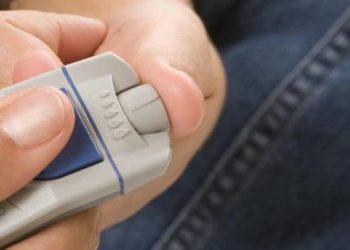Preweekend surgeries may have higher risks of complications and mortality
1. Patients who underwent surgery immediately before the weekend had an increased risk of complications, readmissions, and mortality compared with those treated after the weekend.
Evidence Rating Level: 2 (Good)
The weekend effect refers to a higher potential for adverse outcomes in patients receiving care over the weekends compared to weekdays. Given the limited research on its impact on postoperative outcomes, this retrospective cohort study thus examined differences in postoperative outcomes among patients who underwent surgical procedures immediately before versus after the weekend. This study used data from multiple health care databases and included adult patients (>18 years) in Ontario, Canada, who underwent one of 25 common surgical procedures between January 1, 2007 and December 31, 2019. The preweekend group included patients who underwent surgery the day before the weekend or long weekend, and the postweekend group included those who underwent surgery the day after the weekend or long weekend. Of the 429, 691 patients included in the study (mean [SD] age, 58.6 [16.9] years; 270, 002 female patients [62.8%]), 199, 744 (46.5%) underwent surgery before the weekend, and 229 947 (53.5%) underwent surgery after the weekend. Compared to the postweekend group, patients in the preweekend group were more likely to experience the composite outcome of death, complications, and readmissions at 30 days (adjusted odds ratio [aOR], 1.05; 95% CI, 1.02-1.08), 90 days (aOR, 1.06; 95% CI, 1.03-1.09), and 1 year after surgery (aOR, 1.05; 95% CI, 1.02-1.09). The preweekend group also had greater odds of mortality than the postweekend group at 30 days (aOR, 1.09; 95% CI, 1.03-1.16), 90 days (aOR, 1.10; 95% CI, 1.03-1.17), and 1 year (aOR, 1.12; 95% CI, 1.08-1.17). Overall, this study found that patients who underwent surgery immediately before the weekend had 5% higher odds of short- and long-term adverse postoperative outcomes, including complications, readmissions, and mortality, compared to those treated after the weekend. Future studies are needed to investigate the differences in care underpinning these findings.
Click to read the study in JAMA Network Open
Image: PD
©2025 2 Minute Medicine, Inc. All rights reserved. No works may be reproduced without expressed written consent from 2 Minute Medicine, Inc. Inquire about licensing here. No article should be construed as medical advice and is not intended as such by the authors or by 2 Minute Medicine, Inc.







